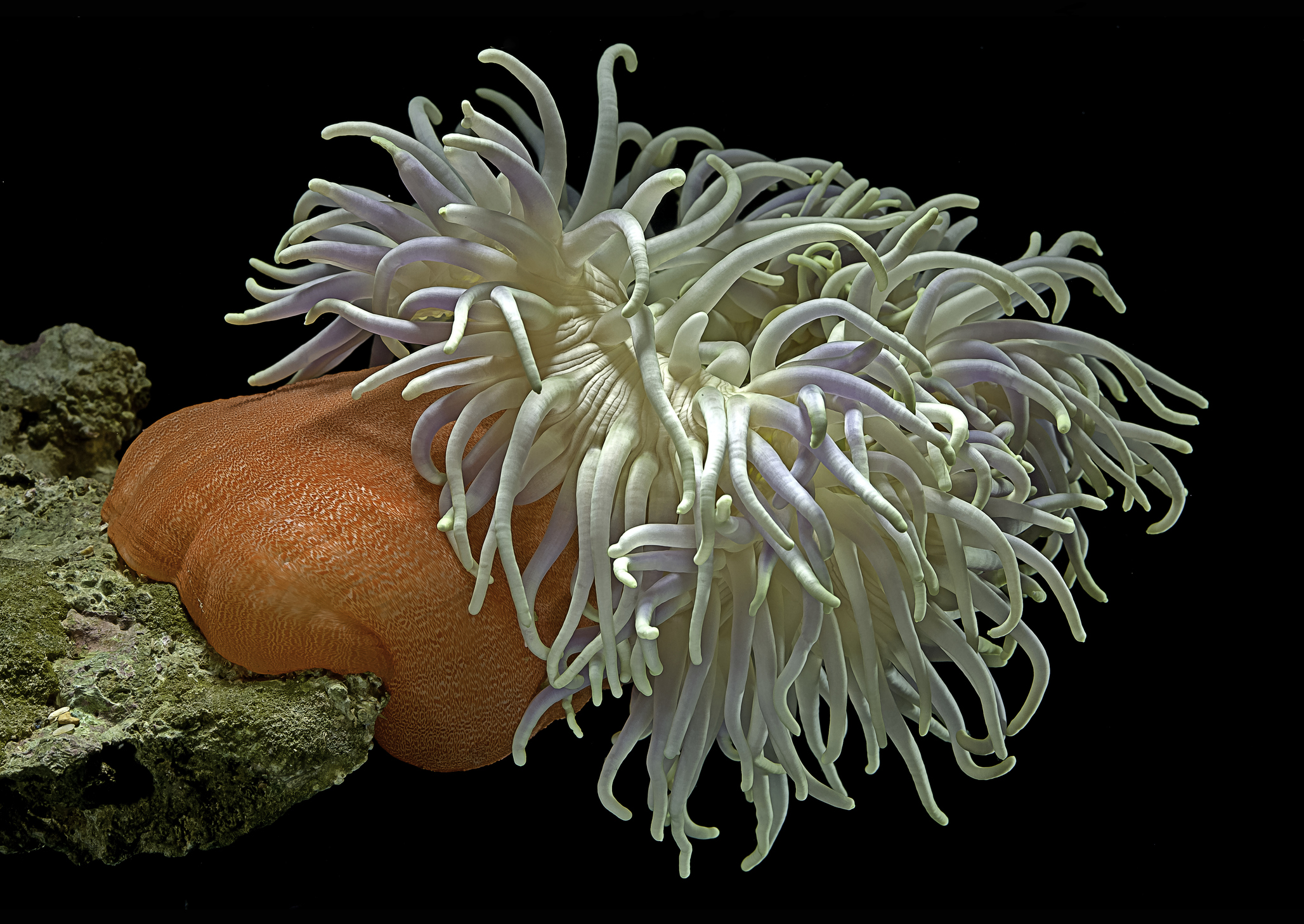MI weekly selection #507

Fish can feel each other’s fear
Fish can detect emotions like fear in other fish and change their behaviour accordingly. The scientists manipulated genes associated with oxytocin, the neural chemical linked to empathy in humans, in zebrafish and found that those without the genes failed to respond to the feelings of other fish that were anxious or stressed.
Full Story: The Associated Press
Manipulation of ‘quantum light’
Scientists have discovered how to manipulate individual photons of light and measure the time difference between them. The breakthrough in quantum light alteration may lead to advancements in quantum computing, information processing and advanced manufacturing.
Full Story: Newsweek
Fragments may be part of Earth’s earliest known meteorite
Scientists say they’ve found rock fragments in Western Australia that may have come from the oldest known meteorite to hit Earth. Researchers, who found the tiny beads in sedimentary rock in the Dresser Formation of the Pilbara Craton and concluded their chemical composition has an alien origin, say an isotope dating technique indicates the fragments may be 3.48 billion years old.
Full Story: Live Science
Warming seas expand potentially flesh-eating bacteria’s reach
Infections from the flesh-eating bacterium Vibrio vulnificus along the US eastern coast may double in the next 20 years as ocean temperatures rise and expand the range of habitation for the bacterium. Researchers found that the bacterium has migrated north in recent years and may exist along every eastern state in a high-emissions scenario by the 2040s.
Full Story: NBC
Brainless animals can still use associative thinking
Animals without a brain may still perform associative learning. An experiment conducted on anemones, which have a web of neurons rather than a centralized brain, shows that the animals shifted their response when repeatedly exposed to a combination of light and electric shock, likely interpreting the two stimuli as a single trigger.
Full Story: Ars Technica